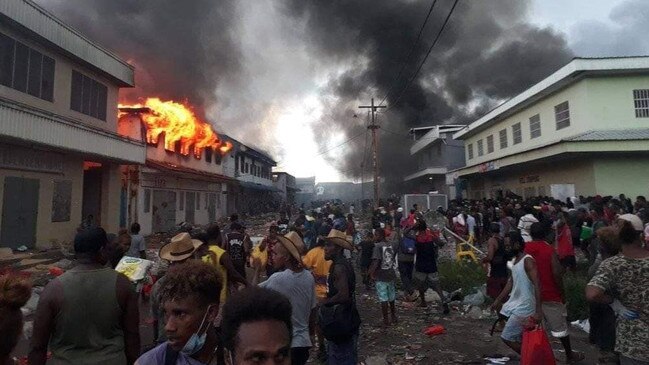
The drive is humanitarian, as well as preserving regional stability and limiting undue Chinese influence in the South Pacific.
These missions are much easier to get into than to get out of, and there is every chance Australia’s commitment will grow. It may also continue longer than the matter of weeks which Morrison hopes it will be confined to.
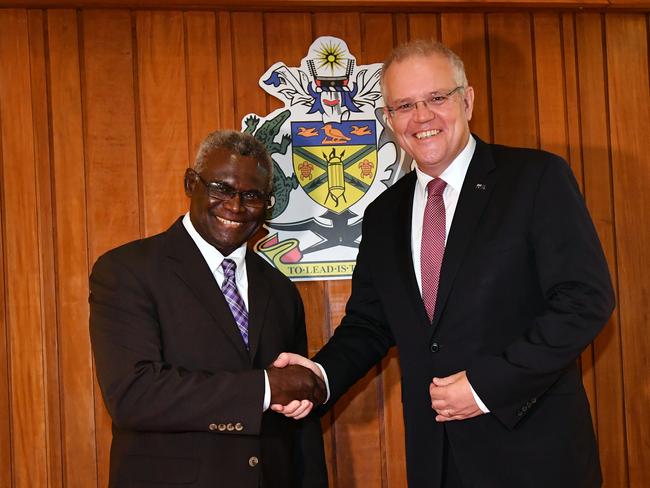
The last time Australia was called in to help restore order, in 2003, it lasted more than a decade and involved hundreds of Australian troops at its peak. Nonetheless, it’s a good thing the Honiara government should now look to Australia, its trusted first friend, rather than to any other nation.
Beijing has been steadily increasing its influence in the South Pacific, and one of the underlying issues driving this unrest is the decision by the Solomon Islands government to reverse the decades-long policy of maintaining relations with Taiwan. Instead it switched recognition to Beijing, in exchange for a large aid program. The leaders of the Malaita province would have liked to keep relations with Taiwan.
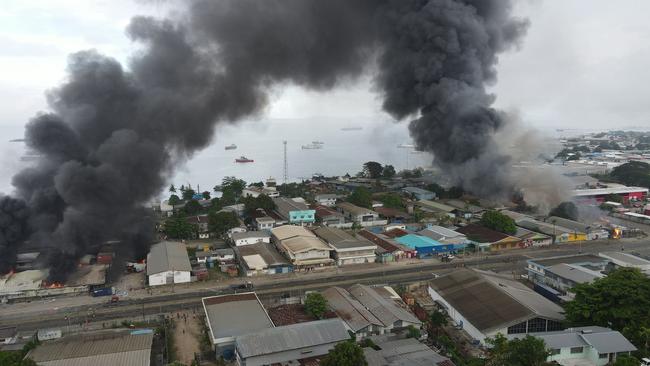
This plays into ethnic and regional hostilities between Malaitans and natives of Guadalcanal, where the capital Honiara is located. The China-Taiwan issue has often been a source of instability in the South Pacific in what is really an ongoing war of competitive patronage networks.
Solomon Islands is one of the poorest, most isolated and least developed nations in the world. A large number of its people continue to make a precarious living from subsistence farming. Its development and educational challenges have been exacerbated by the isolation and stasis occasioned by the Covid pandemic.
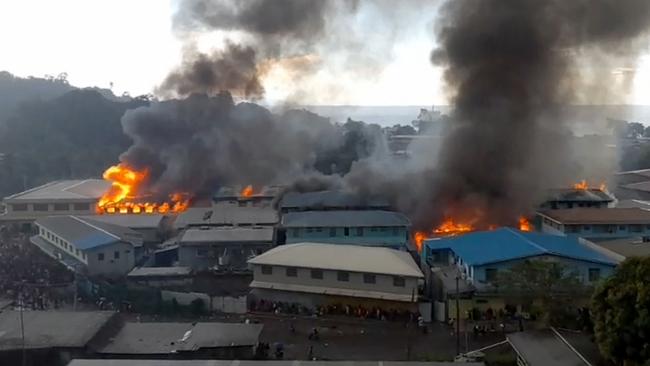
This has been a pattern across the South Pacific and, as one of the region’s least stable and least developed nations, the strain has shown heavily in the Solomons.
The numbers of police and defence personnel Canberra is sending is at this stage very small, at about 60. They will enjoy legal protection under the defence treaty between Australia and Solomon Islands.
Morrison rightly said Australia has no interest in interfering with internal Solomon Islands politics, and Australian personnel will not be deployed to the parliament building.
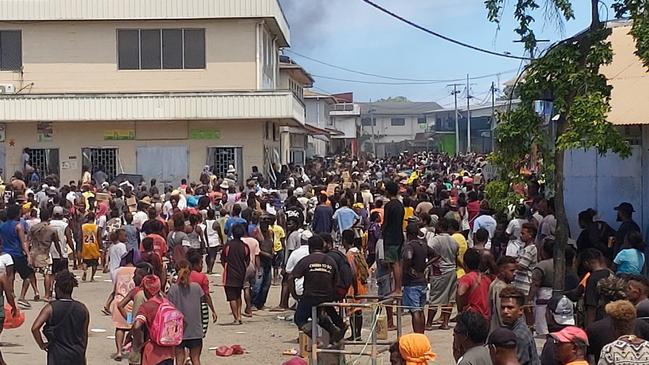
Hopefully, the psychological effect of seeing Australian soldiers and police, and the effect this will have both on Solomons police and the civilian population, will be enough to contribute to the restoration of calm.
Conducting stabilisation operations in the South Pacific is one of the core missions of the Australian army. It is something it is generally pretty good at.
Those responsible for the structure of the ADF could profitably reflect on the fact there will be no need in this operation for tanks – which we haven’t deployed in any contested environment since the Vietnam War – or the other heavy armour which is soaking up tens of billions of dollars of the defence budget.
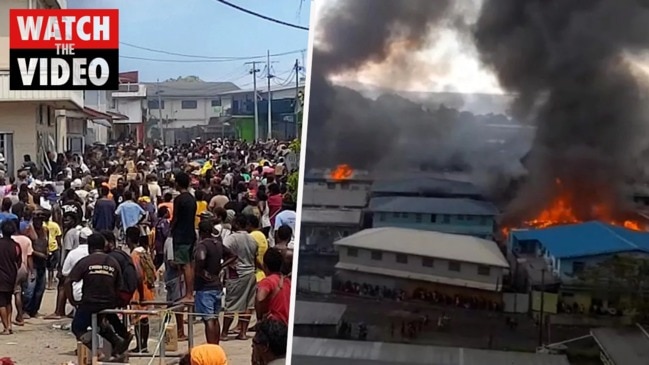


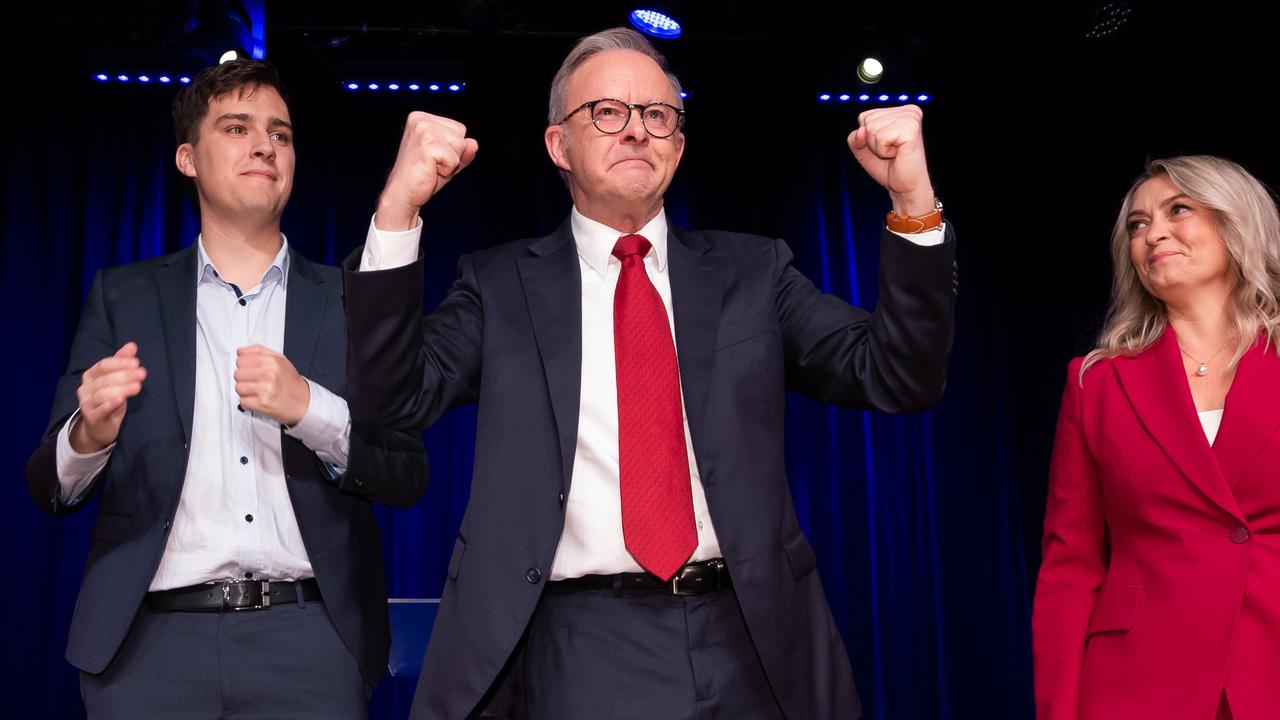
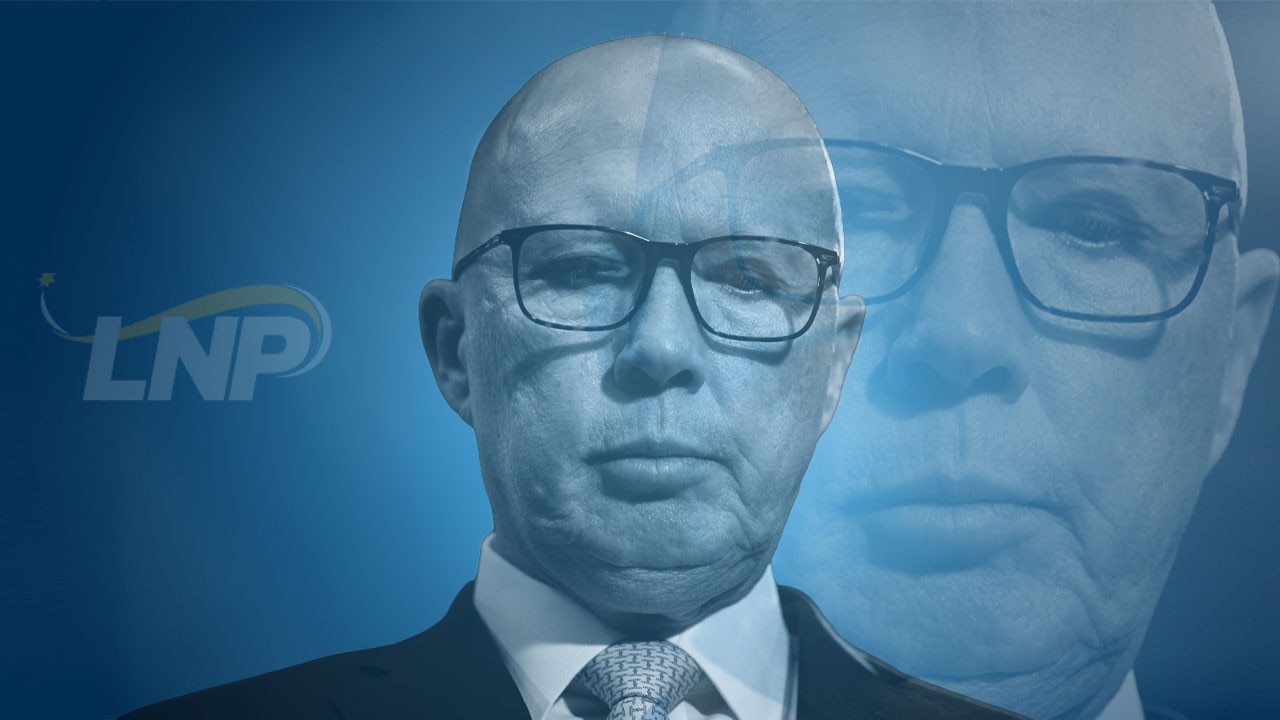
Scott Morrison is absolutely right to send Australian police and defence personnel to help stabilise the Solomon Islands. Nothing could be more directly in Australia’s national interests.